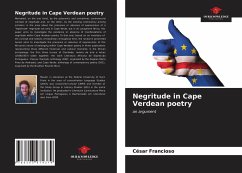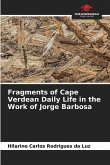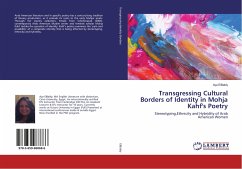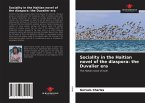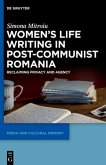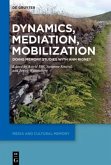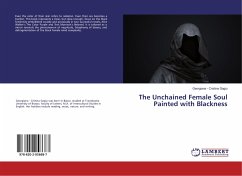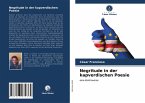Motivated, on the one hand, by the polysemic and sometimes controversial concept of negritude and, on the other, by the existing controversy among scholars in the area about the presence or absence of expressions of a "legitimate" negritude not only in Cape Verde, but in all Lusophone Africa, this paper aims to investigate the existence or absence of manifestations of negritude within Cape Verdean poetry. To that end, based on an inventory of the concept and notions of blackness throughout time, the research presented herein aims to investigate the presence or absence of expressions of this Africanist sense of belonging within Cape Verdean poetry in three publications representing three different historical and cultural moments in the African archipelago: the first three issues of Claridade: revista de arte e letras (1936/1937) taken together; the work Literatura Africana de Expressão Portuguesa - Poesia: thematic anthology (1967, organized by the Angolan Mário Pinto de Andrade);and Cabo Verde: anthology of contemporary poetry (2011, organized by the Brazilian Ricardo Riso).
Bitte wählen Sie Ihr Anliegen aus.
Rechnungen
Retourenschein anfordern
Bestellstatus
Storno

